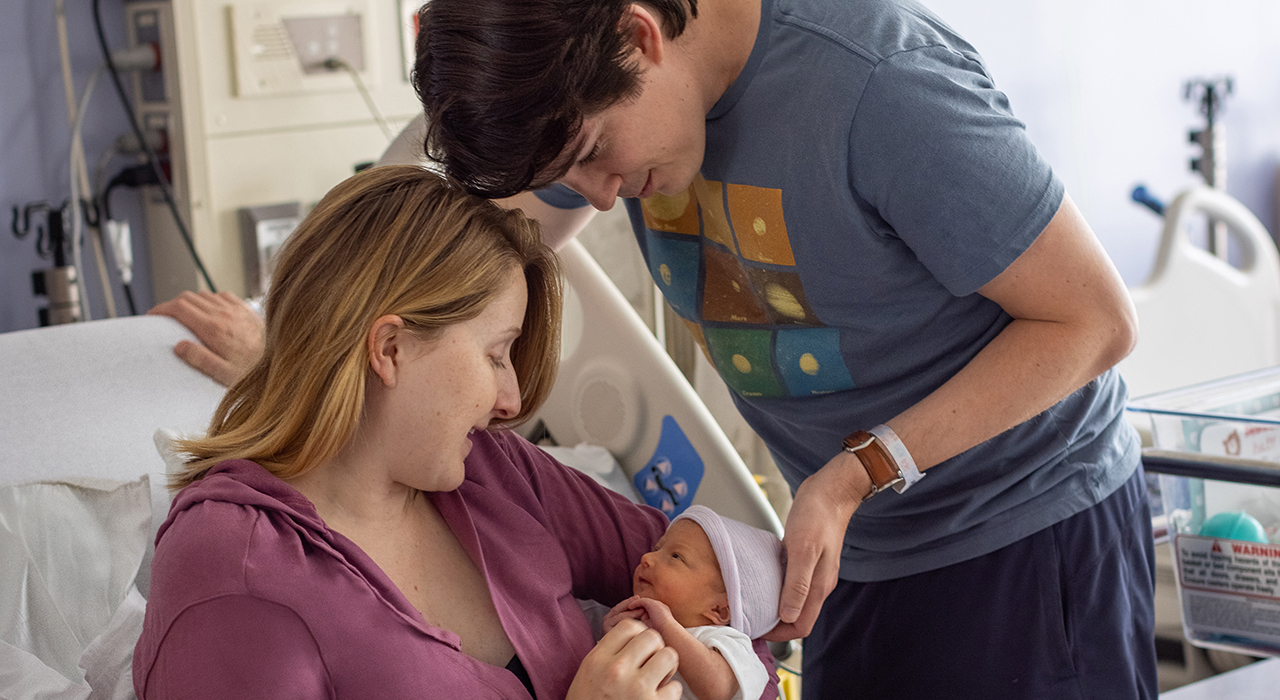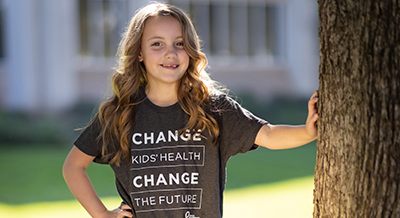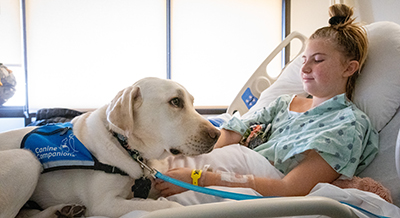More than 2,000 babies delivered
In 2022, our labor and delivery team celebrated delivering more than 2,000 babies. As the Sacramento region’s only nationally ranked comprehensive children’s hospital, we offer extraordinary expertise for routine pregnancies and provide the highest standard of management for high-risk pregnancies, unique health concerns, complications, and unexpected situations.
Baby-Friendly Hospital designation
We earned the highly prestigious Baby-Friendly designation by Baby-Friendly USA, demonstrating adherence to the highest standards of breastfeeding care built on evidence-based practices recommended by the World Health Organization and the United Nations International Children’s Emergency Fund.
Gold safe sleep champion
UC Davis Children’s Hospital was recognized by the National Safe Sleep Hospital Certification Program as a gold safe sleep champion for its commitment to best practices and education on infant safe sleep. The National Safe Sleep Hospital Certification Program was created by Cribs for Kids,® the only national infant safe sleep organization.
New device to prevent unnecessary C-sections
UC Davis electrical and computer engineering professor Soheil Ghiasi’s lab has built a specialized transabdominal fetal pulse oximeter (TFO) device to measure a baby’s blood oxygen saturation levels non-invasively. The new oximeter was tested on a small group of patients in 2021 in collaboration with Herman Hedriana, M.D., director of Maternal-Fetal Medicine at UC Davis Health. The evaluation of TFO for use in prenatal testing is an important step towards its integration into hospitals worldwide for fetal monitoring during labor and delivery.
Study of diverse pregnant women finds increase in chemical exposure
A national 12-year study, which included co-authors from UC Davis Health, found rising exposure to chemicals from plastics and pesticides that may be harmful to development. The results, published in Environmental Science & Technology, found higher exposures for non-white women, those with lower educational attainment, or who were single or had been exposed to tobacco. As a result, our experts continue to educate how to limit chemical exposures, especially when it comes to food, personal care products and controlling household pests.






